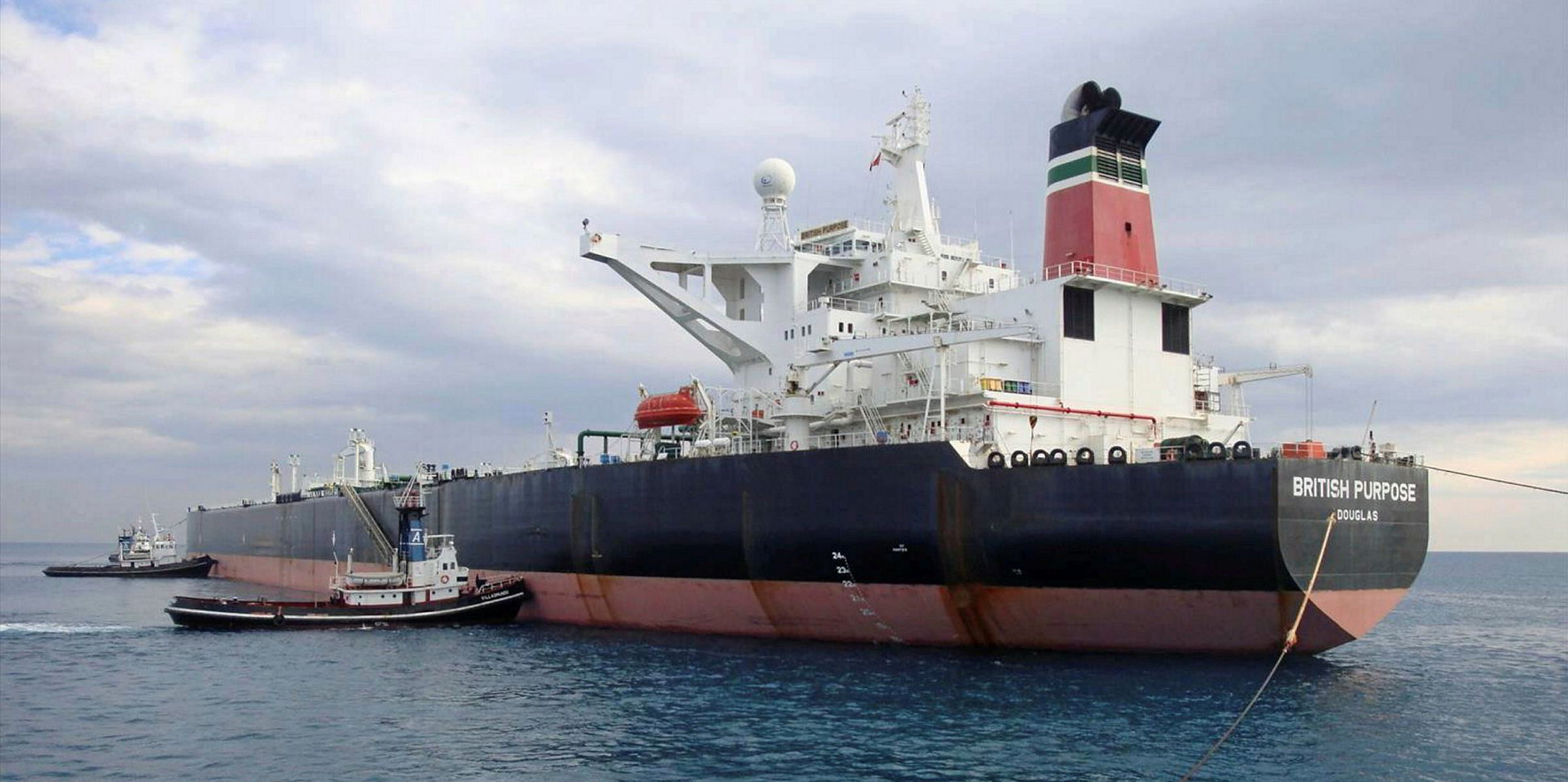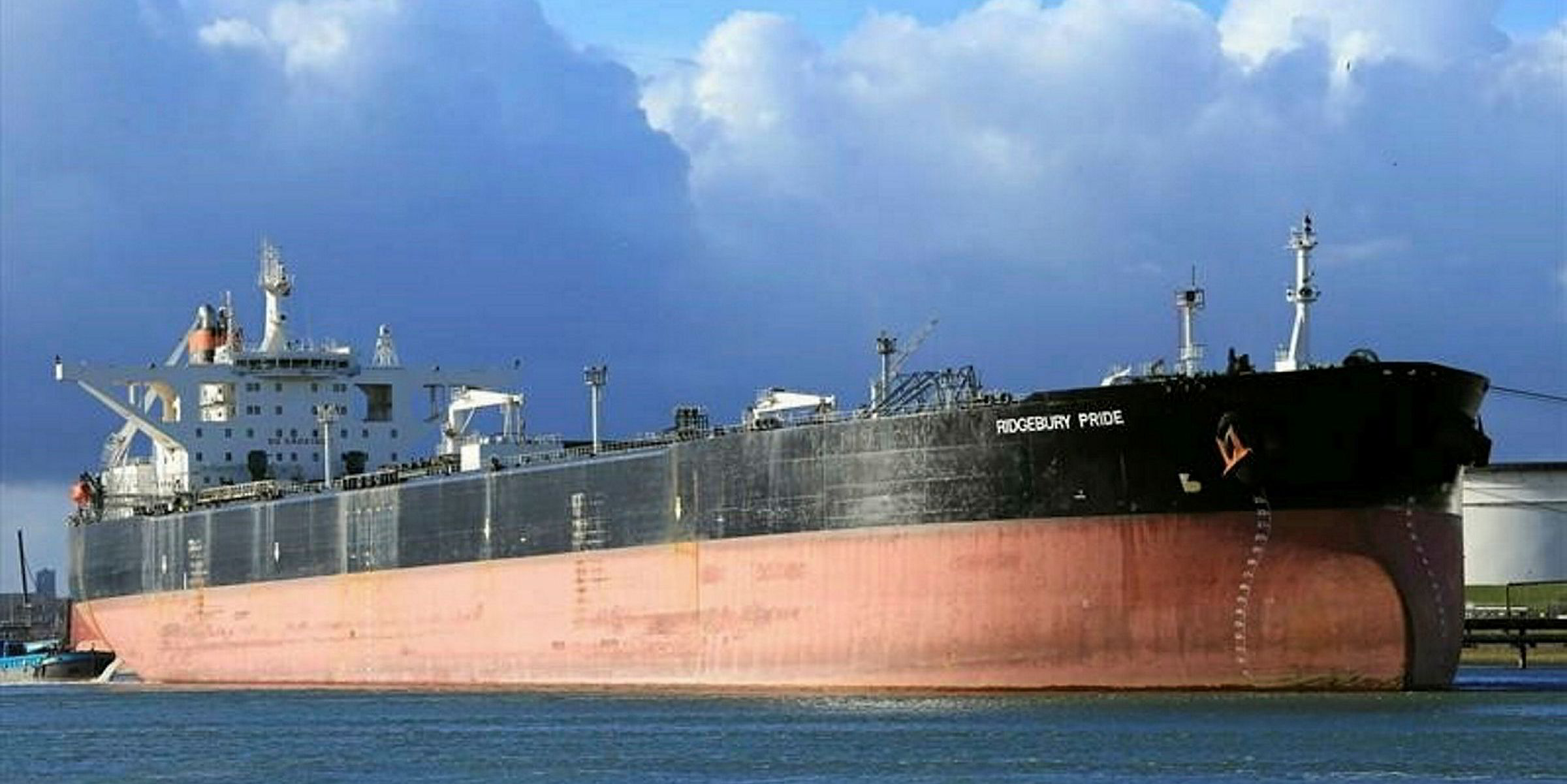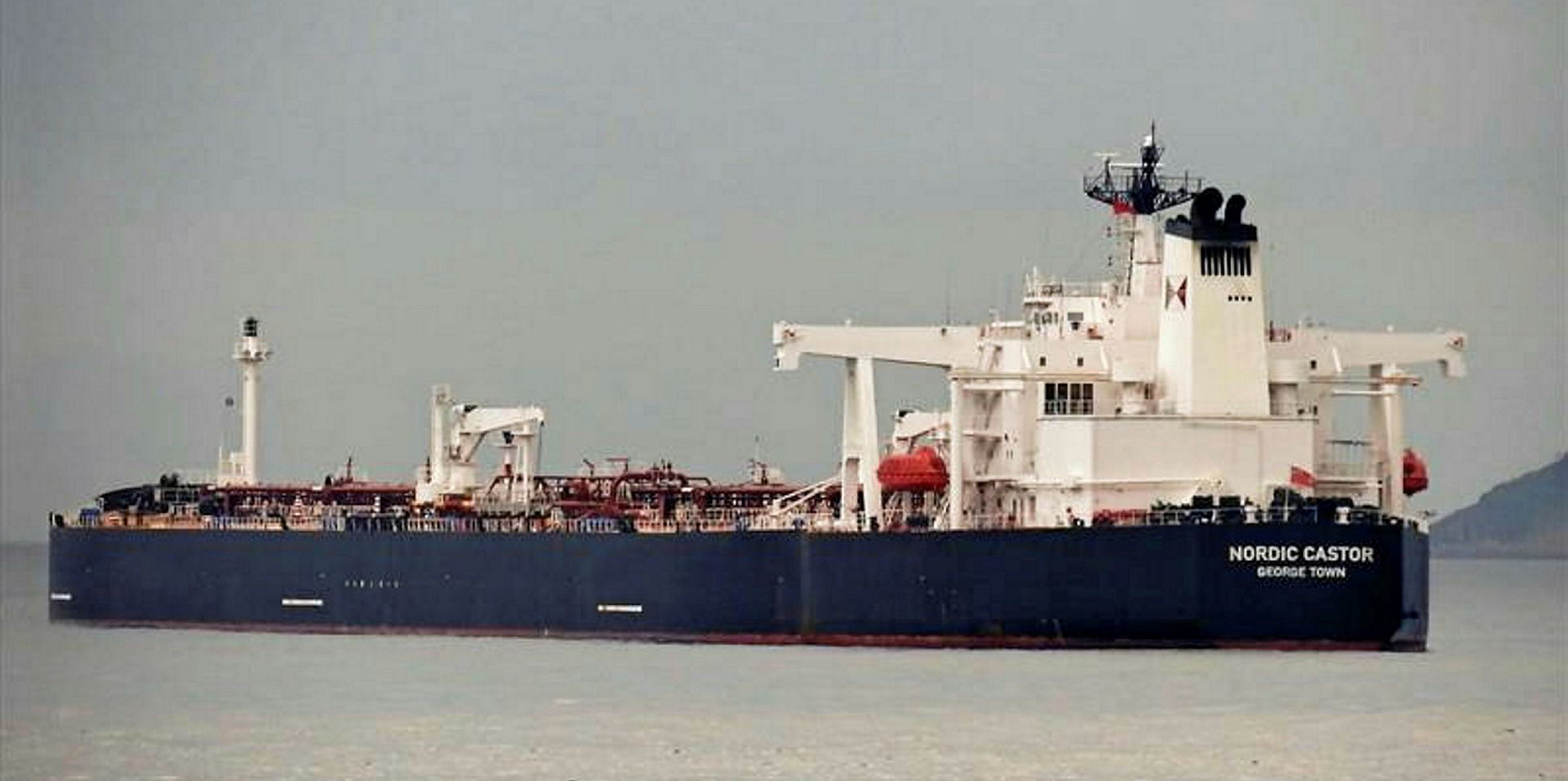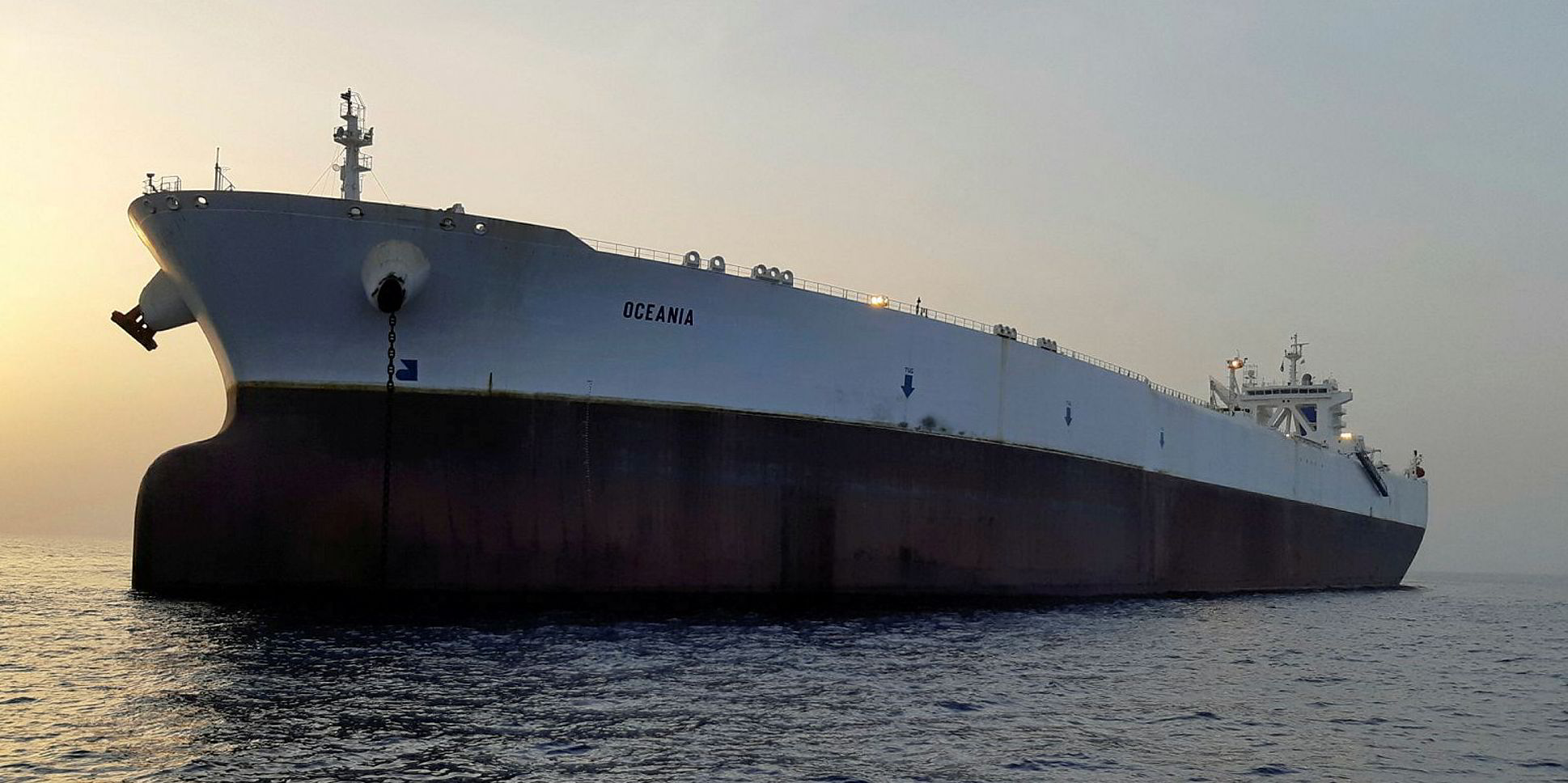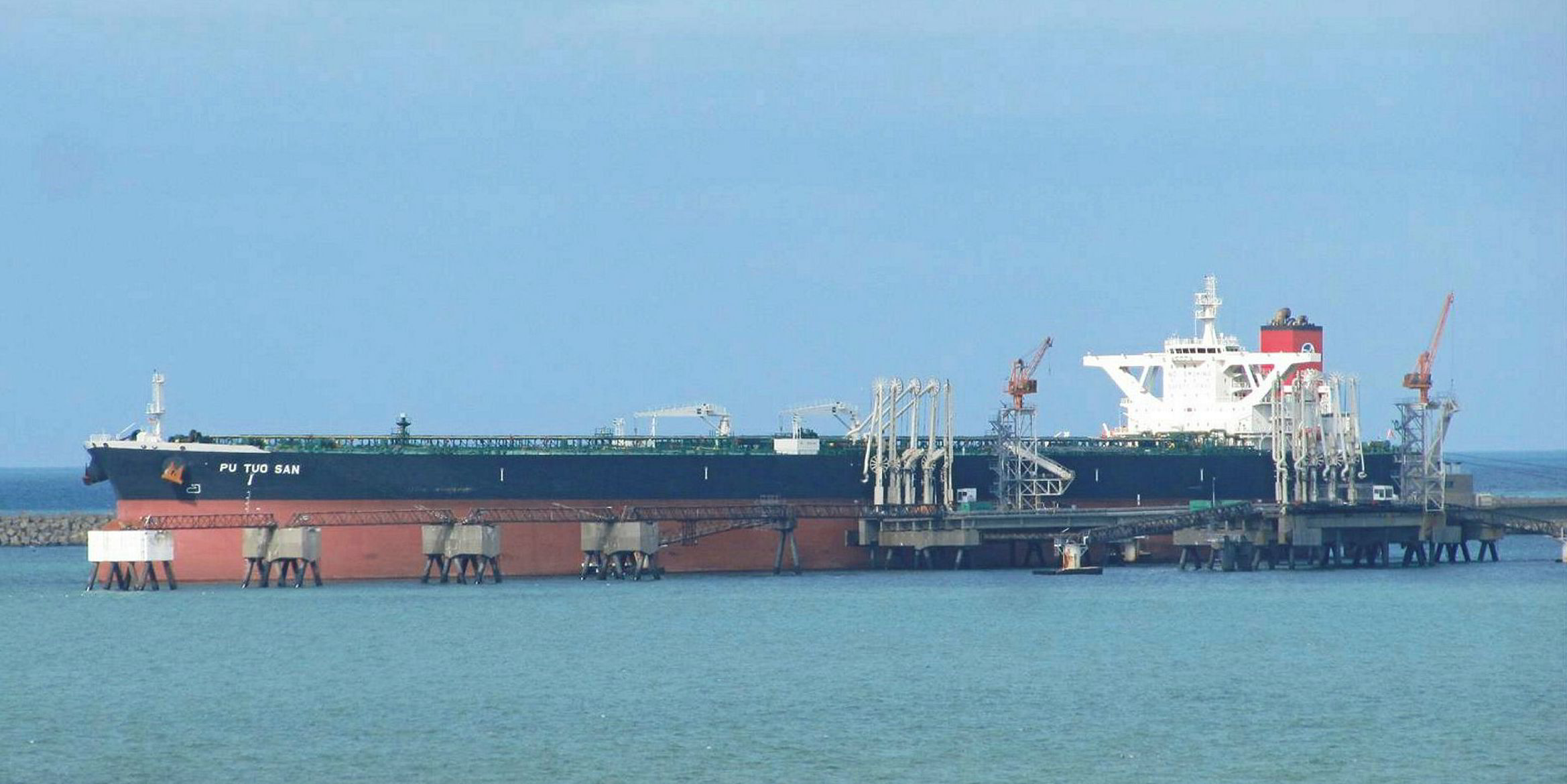Recent talk of rising floating storage demand in tanker markets are just “noise”, as storing oil on tankers would be loss-making for the charterers based on the current oil prices and period tanker rates, according to Alphatanker.
The crude market was in contango earlier this month with prompt prices plagued by the demand disruption in virus-hit China, with Vitol, Shell and some other oil firms reportedly enquiring on floating storage.
However, fixture data suggested few deals were actually done. Brokers only reported the 306,400-dwt Ridgebury Purpose (built 2000) was chartered by Vitol for six months at $37,000 per day for storage use.
TradeWinds contacted Vitol, Shell and Ridgebury Tankers, the owner of Ridgebury Purpose, for comment. They either failed to respond or declined.
In its weekly note, Alphtanker questioned whether any ship was actually leased at all due to the contango structure.
In the so-called contango play, oil firms would store their cargoes on board vessels so they can be sold later at higher prices.
No profits from floating oil
However, today’s three-month and six-month rates for VLCCs, sueamaxes and aframaxes are generally too high for oil firms to make any profits from such play, according to Alphatanker.
Earlier in February, the average monthly price spread across the forward three months of the ICE Brent crude futures market reached $0.25 per barrel.
Using the VLCC period market as the basis of calculation, Alphatanker estimates the average price spread needs to amount to $0.65 per barrel for the charterers to yield any profit, though. Chartering suezmaxes and aframaxes would require even wider spreads.
“Considering these economics, we doubt that any oil was purchased especially for speculative floating storage,” Alphatanker said.
While some charterers may be forced to use tankers as floating storage due to logistics issues in China, Alphatanker suggests this is uneconomical and oil firms would seek onshore storage whenever possible.
“Storage costs do not compare favourably with onshore storage which we consider to be in the region of $0.50 per barrel per month,” Alphatanker said. “Where possible, oil is likely to be stored in onshore terminals rather than at sea.”
“We believe that in order for floating storage to compete with onshore storage, time charter rates would need to sink well below $30,000 per day.”
According to Alphatanker, the tanker capacity deployed as floating storage has indeed increased over the past year, but this is more related to US sanctions on Iran and IMO 2020.
Data from Alphatanker, part of French brokerage BRS, shows 24 VLCCs and one ULCC are holding 50m barrels of fuel oil near Singapore.
“There has also been a build-up of fuel oil, including high, low and very low sulphur fuel oil, at sea over the past nine months as bunker logistics chains adapt to IMO 2020,” Alphatanker said.
